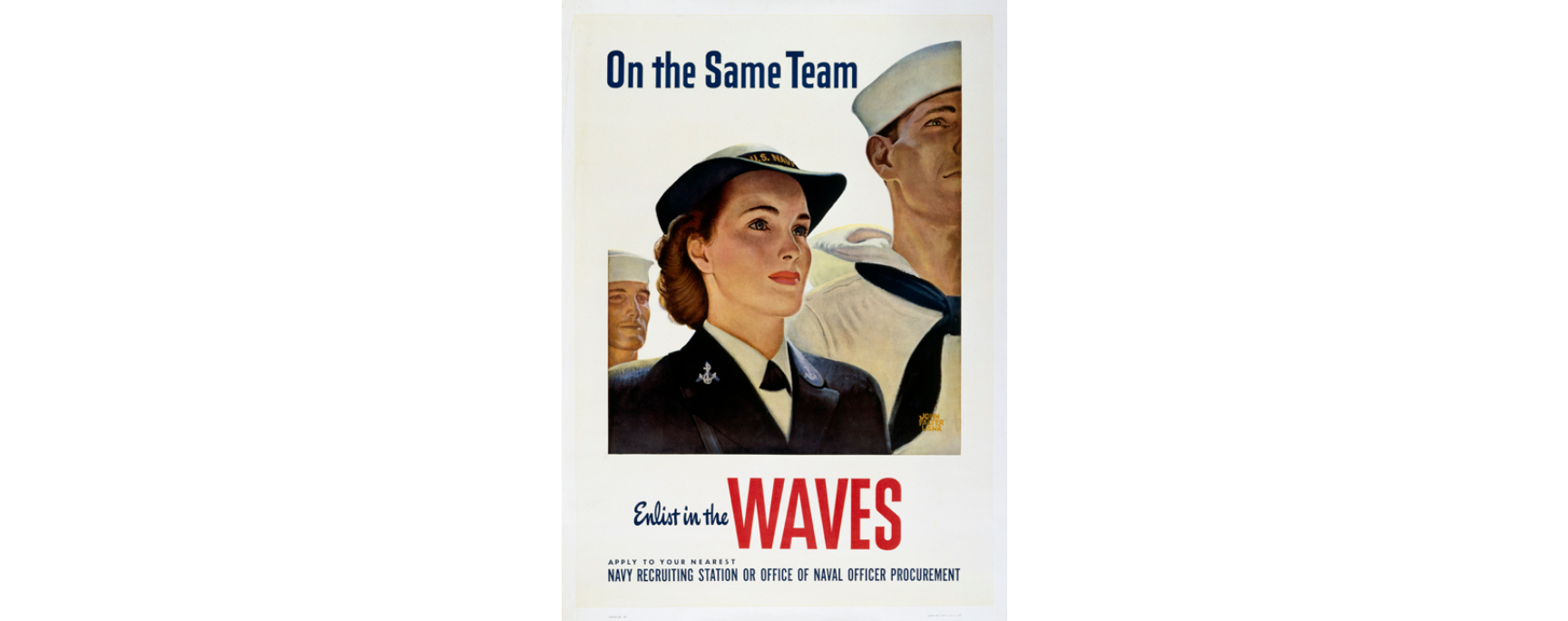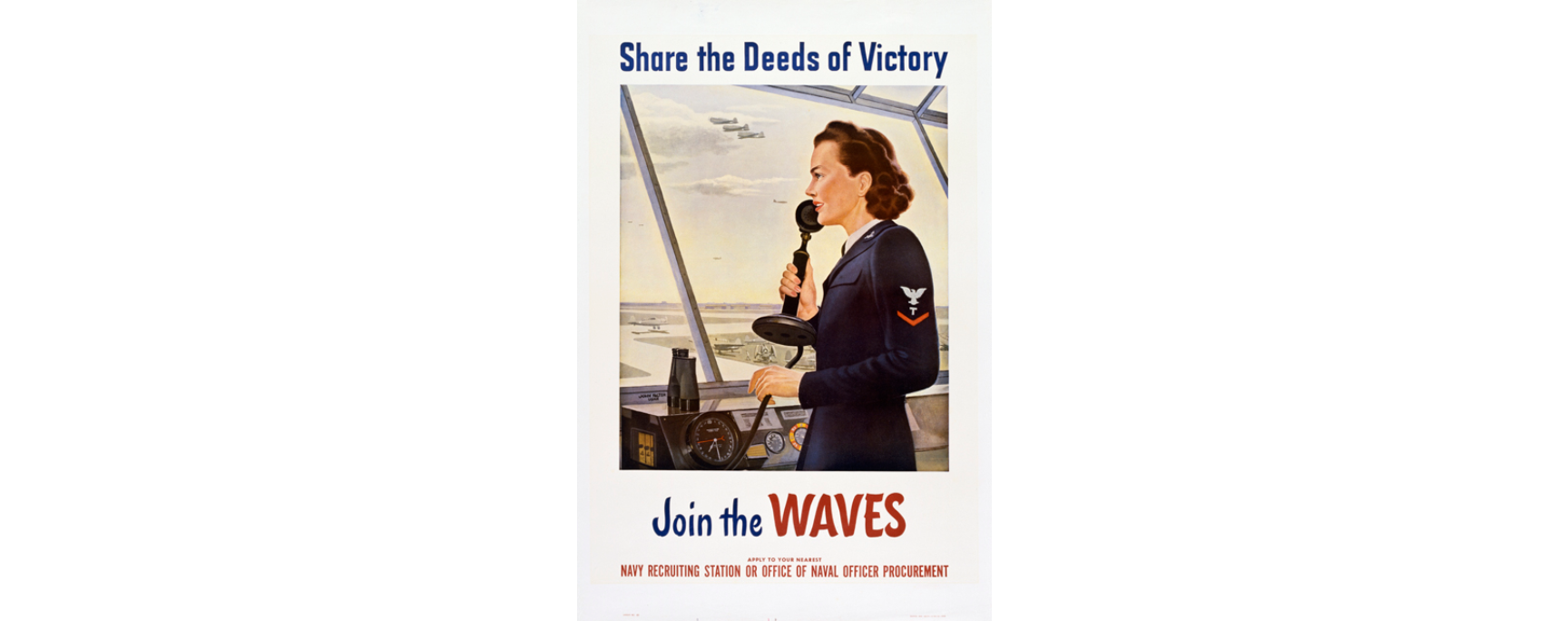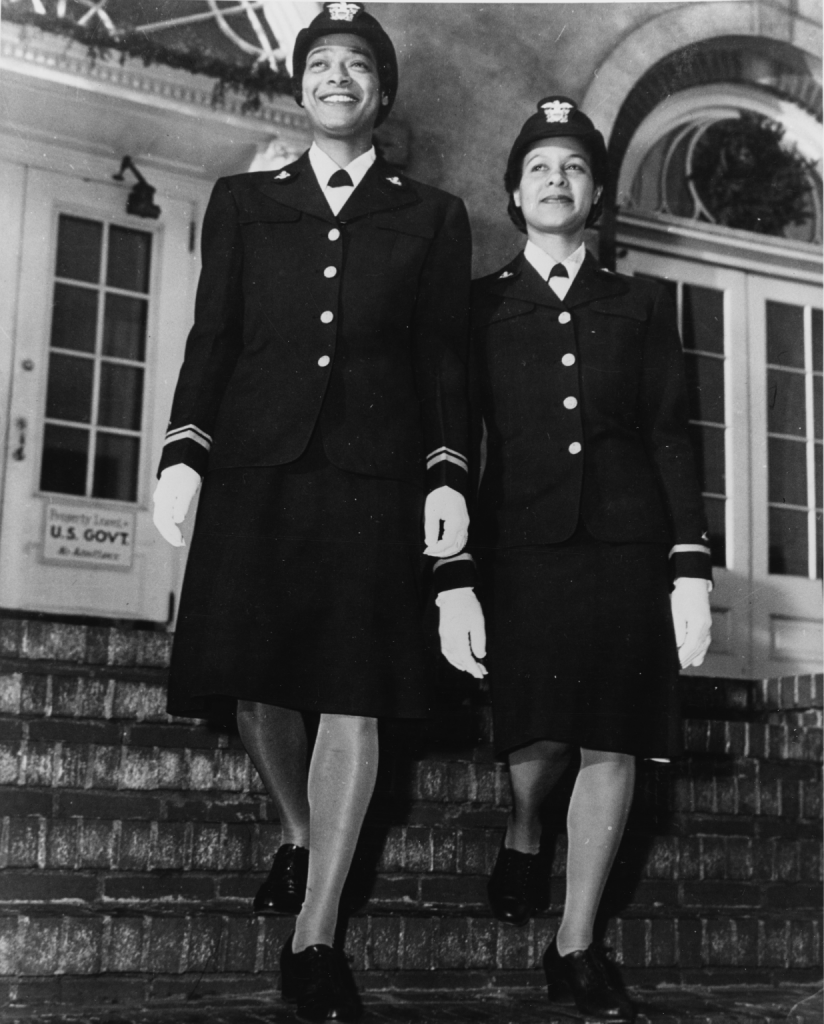
With this blog post, I’ll be taking us back, once again, to World War II. You may already be familiar with the WAVES, or Women Accepted for Volunteer Emergency Service, which functioned as the women’s reserve branch of the Navy during WWII. While we did have a previous blog post on the WAVES and what some of their members did when serving at the Hampton Roads Port of Embarkation (HRPE), with this blog I’d like to delve a little deeper, and talk about two specific WAVES: Lt j.g. Harriet Ida Pickens and Ensign Frances Wills, the first African American women to join the WAVES, and the first African American officers in the WAVES.
We often think of WWII as being a general call to arms, an “all hands on deck” time in our history. Despite this sentiment and the genuine need for troops, the military often barred or refused to enlist African Americans. While the Women’s Army Corps (or the Women’s Army Auxiliary Corps until 1943) and Army Nurse Corps allowed African American to enlist in 1942, they were both segregated institutions. The Navy’s WAVES, the Coast Guard’s SPARS, and Navy Nurse Corps did not integrate for several more years. Despite the racist policies and practices put in place by the military, many African Americans (and BIPOC) continued to fight against these bigoted policies and attempted to enlist.
Public Law 689 (30 July 1942) amended the Naval Reserve Act of 1938, allowing for the inclusion of women in the Naval Reserve, thus creating the WAVES. The wording of this law created many barriers for women in the WAVES limiting their duties and power within the Navy. For example, the legislation stated that only one woman in the WAVES would obtain the rank of lieutenant commander, and no woman would rank any higher. Several African American rights organizations pushed for inclusion within the WAVES. However, this was unsuccessful. The law as written did not specify that African Americans could be recruited, and thus they were denied the opportunity to join for the majority of the war. Despite this, many African American women attempted to enlist in the the WAVES , but were turned away at recruitment offices. Many citizens expressed their opposition to the legislation, including a letter writing campaign to President Roosevelt.
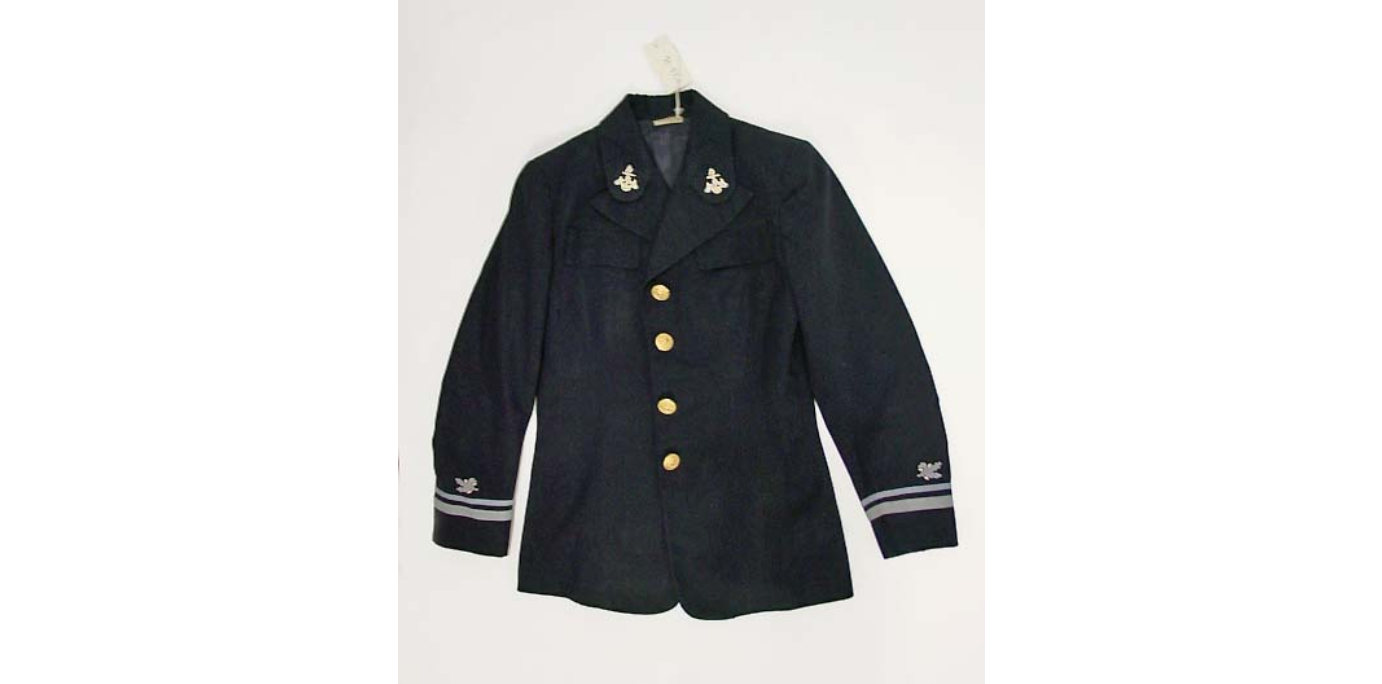
1980.0031.000001
While the WAVES director, Capt. Mildred McAfee, supported inclusion in the WAVES, Secretary of the Navy William “Frank” Knox was publicly against it. In fact, McAfee stated she overheard Knox saying that “[African Americans] would be in the WAVES over his dead body.” Ironically, it was indeed after Knox’s death in April of 1944, that James Forrestal was appointed Secretary of the Navy and he moved to integrate both the WAVES and the Navy Nurse Corps. The WAVES officially allowed African Americans to enlist on 19 October 1944, although the Navy Nurse Corps did not integrate until 5 March 1945.
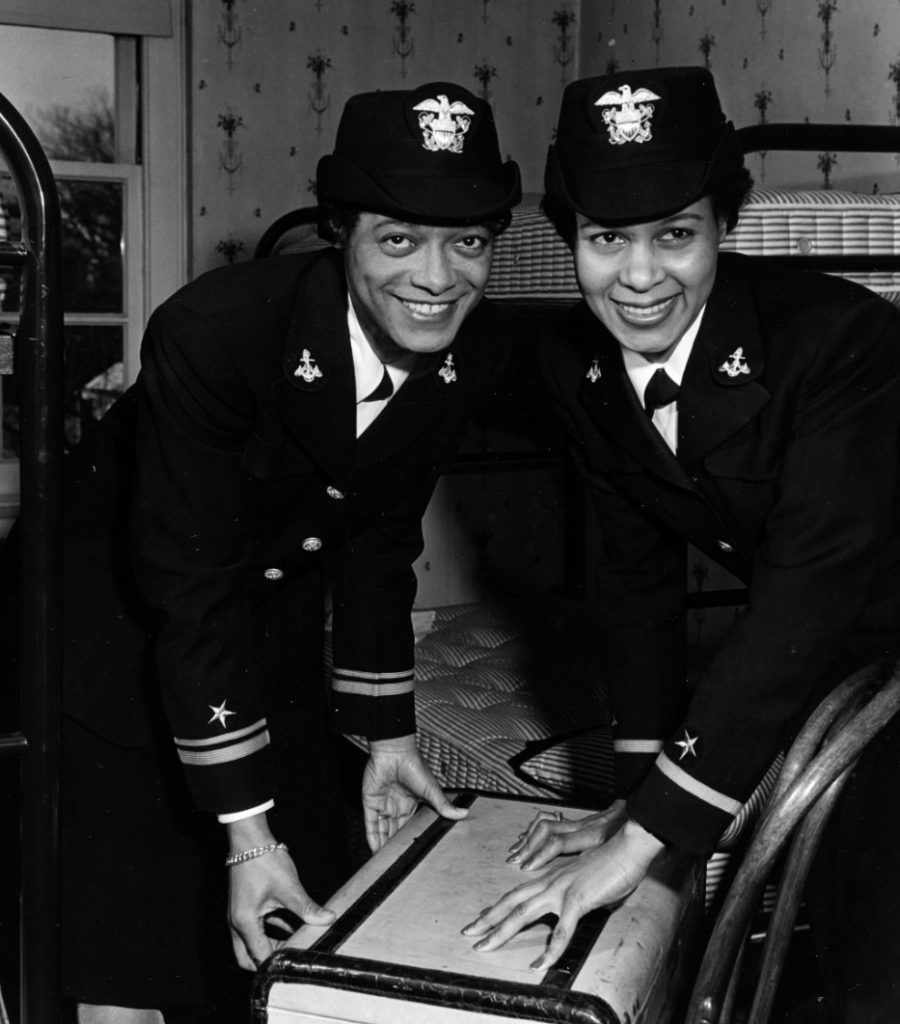
Harriet Ida Pickens and Frances Wills quickly moved to enlist in the WAVES when it began integration. Both women came from highly educated backgrounds, making them ideal not only as WAVES but also as officers’ candidates. Pickens attended undergraduate school at Smith College, Massachusetts, and later continued her education at Columbia University with a Master’s degree in Political Science. Afterwards, Pickens became the supervisor of a large-scale recreation program in New York City, and later went on to become the executive secretary for the Harlem Tuberculosis and Health Committee. Wills attended Hunter College and received a Masters of Social Work degree from the University of Pittsburgh. She worked for several years at the YMCA, organizing community events and social aid.
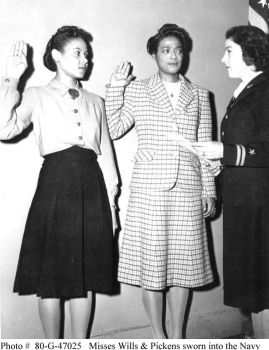
Pickens and Wills were sworn in to the Navy on 13 November 1944, and both were sent immediately to join their fellow WAVES at officer candidate school. Although they joined officers’ school a week later than the other candidates, they both graduated, and Pickens graduated with honors. After completing officers school, Lt j.g. Picken put her experience to work as an physical training instructor at the main enlisted training facility for WAVES, Hunter College, in New York City. Wills was also assigned to Hunter College, as a classification test administrator for enlisted WAVES.
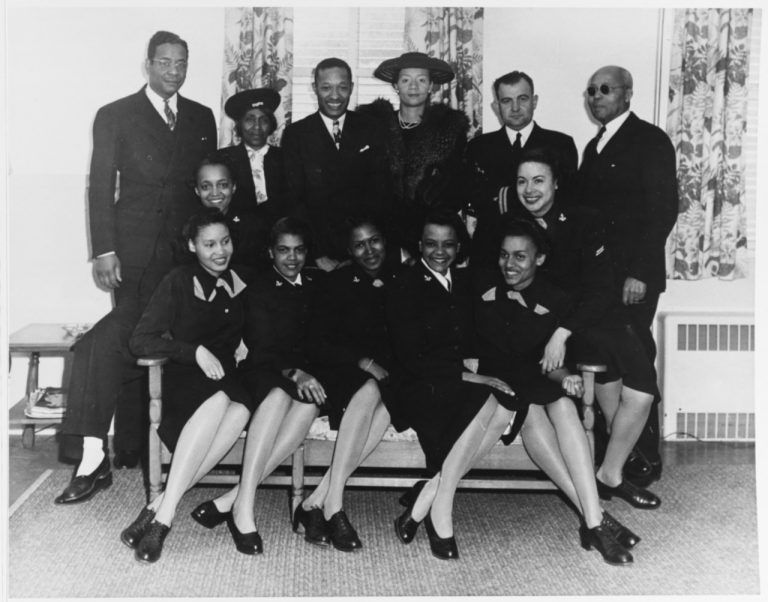
By the end of the war, Pickens and Wills were joined by over 70 other African American women in the WAVES, many of whom were trained by Pickens and Wills at Hunter College. Together, Pickens and Wills forged the path for African American women to make their way as mariners in the US Navy.
References:
